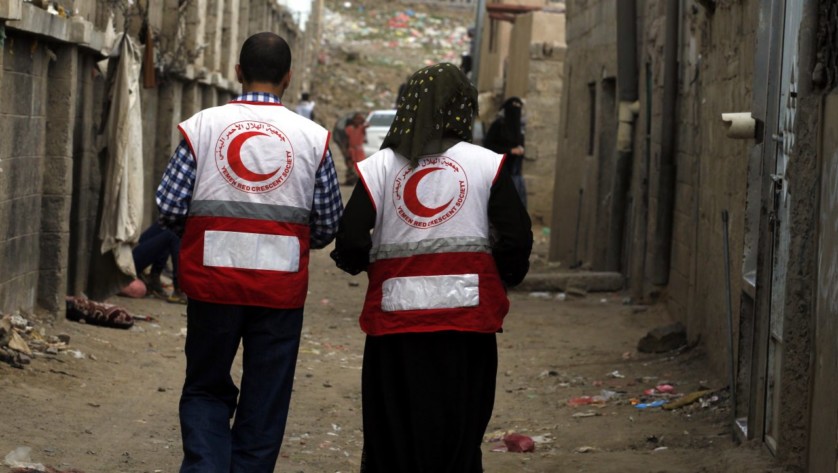The Hurricane Burger
Ultimately, the restaurant pulled Lovely and her husband through — becoming their new home after a renovation made possible by the American Red Cross and the CORE added a new living space to the small structure. And because Lovely’s Delight was one of the first businesses to reopen, it provided a place for people to gather after the storm, easing their minds and their hunger pains.
“We could get up and running and help people with food, which was on the island but because so many homes were destroyed, and people were living in tents, they couldn’t cook for themselves.”
So once again, Lovely’s Delights became a base for making meals for people in need of some comfort during hard times. “Because of the help that we got from CORE and the Red Cross we got our building back in shape so that we can truly save our community,” Lovely says. “I was able to cook meals, make bread … That was a big help.”
Meanwhile, Lovely’s Delight is a real family affair with kids and grandkids prepping and serving dishes such as “The Hurricane Burger” (in honor of the many storms people here have weathered), spicy chicken wings with names like “Da Burner”, and burrito-style wraps made with lobster, fish, chicken and shrimp.
Now it’s the grandkids who are picking up culinary tips from their very own local celebrity chef grandma. “When I first got the restaurant, all of the children were involved,” she says. “Now it’s myself and my two grand-daughters and we have a few other workers that also come help. They’re always there to help out.”
 Red Cross Red Crescent magazine
Red Cross Red Crescent magazine 
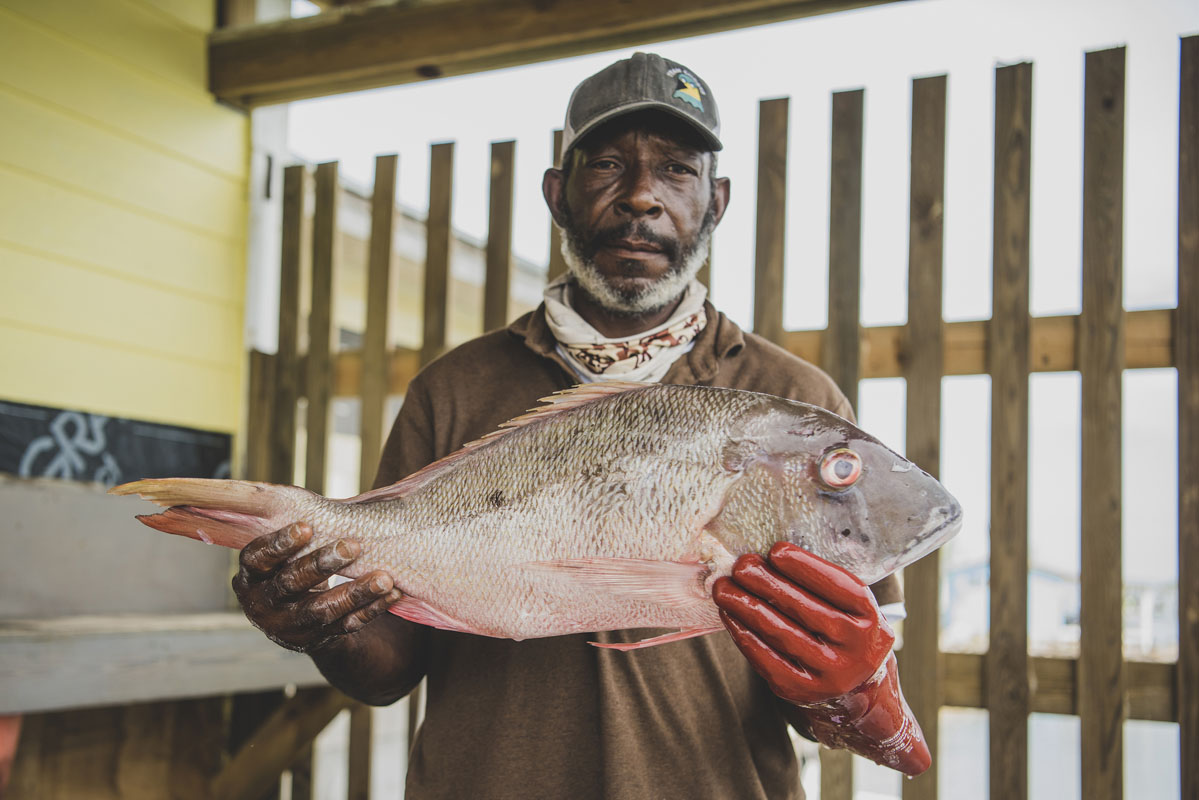
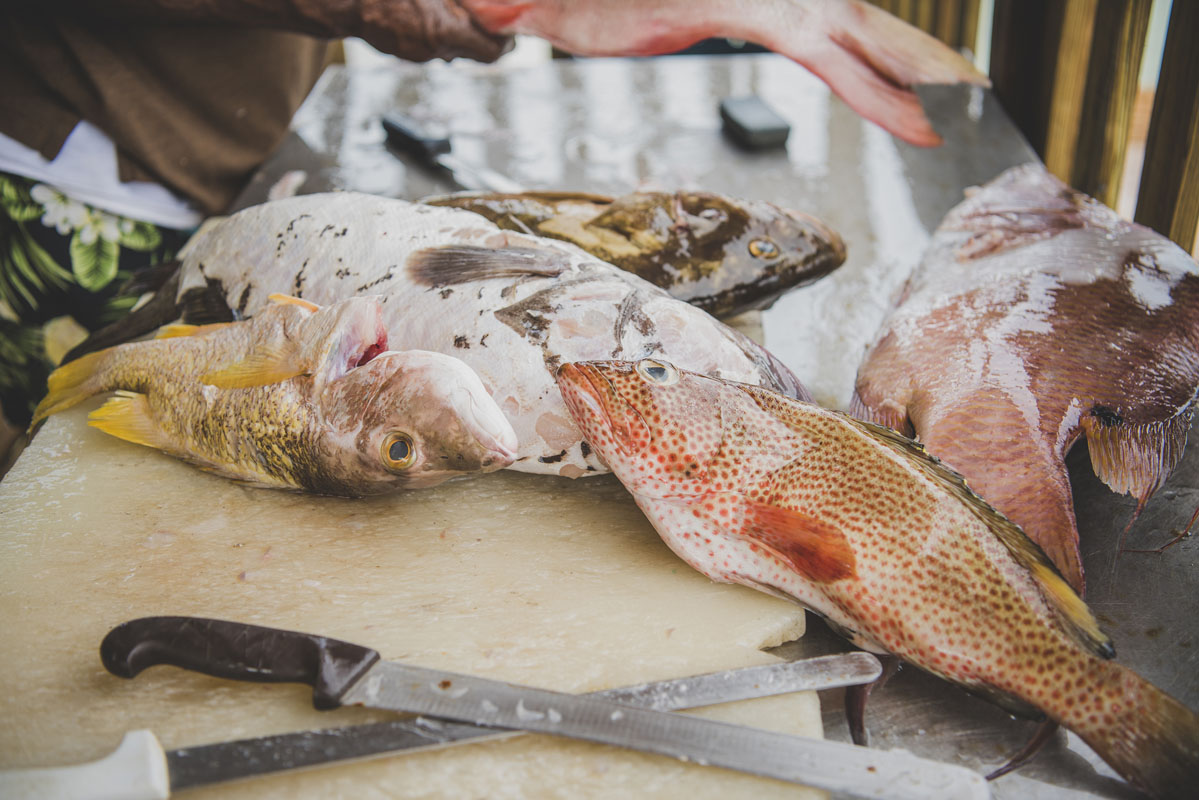
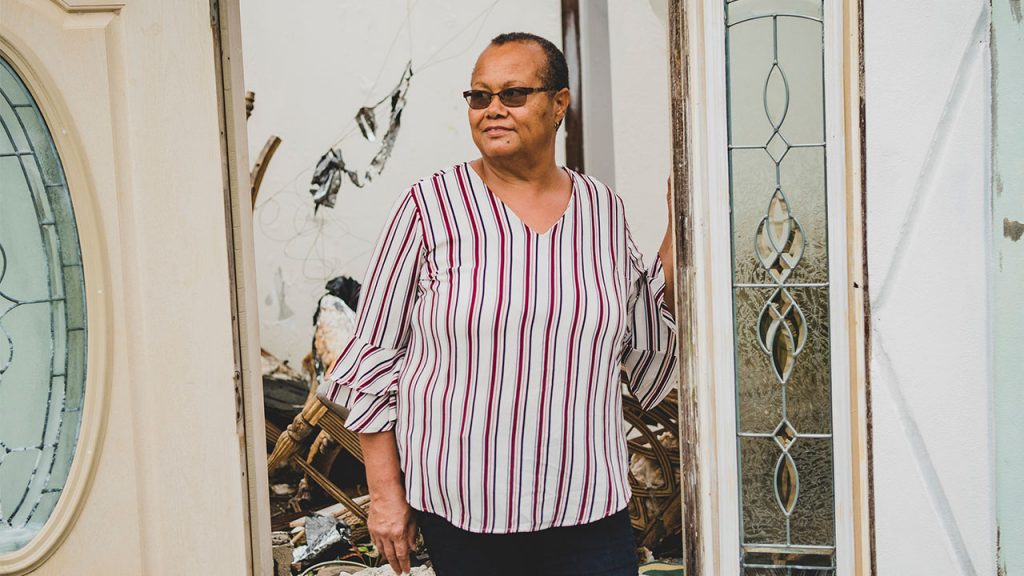
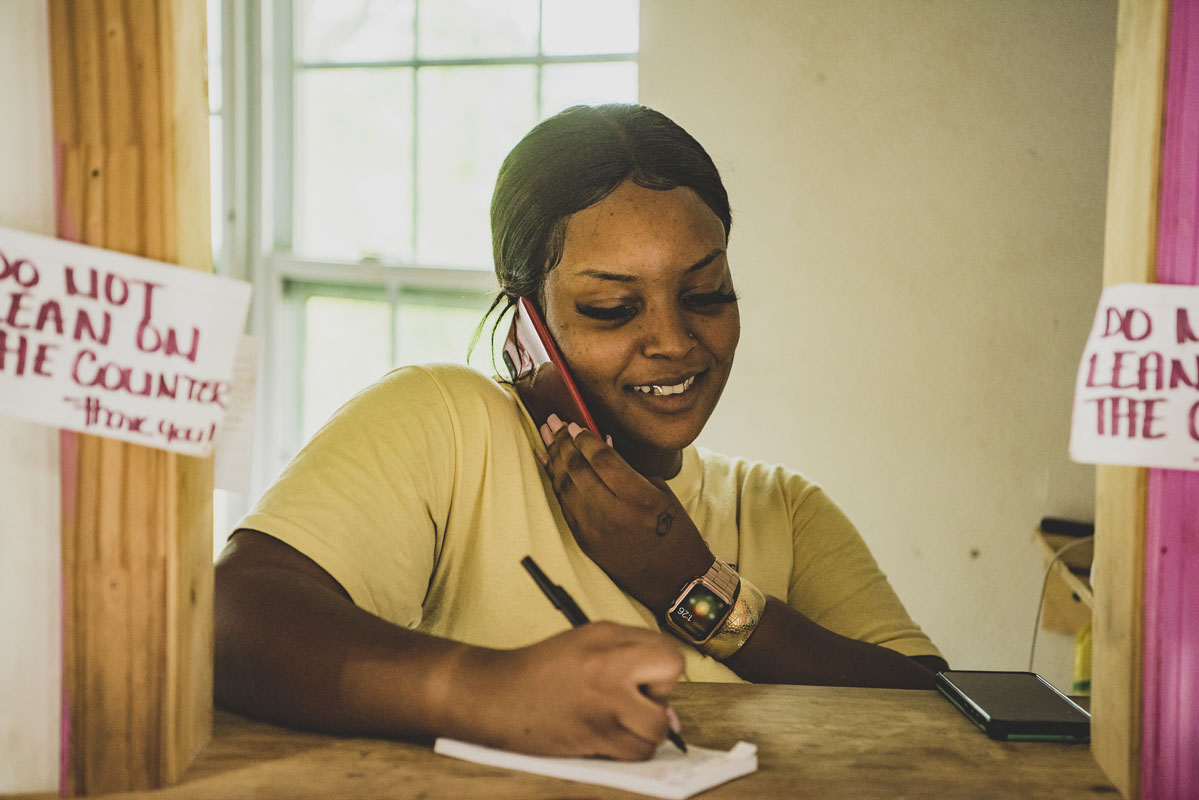
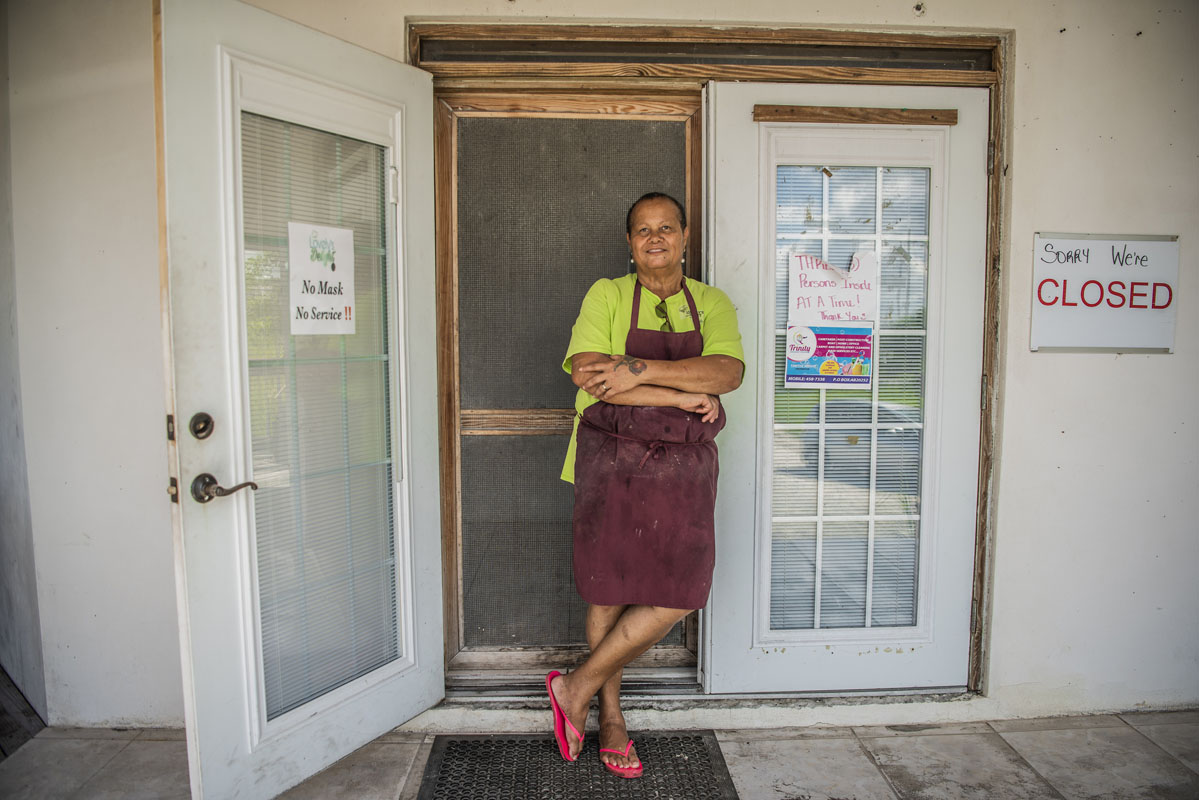
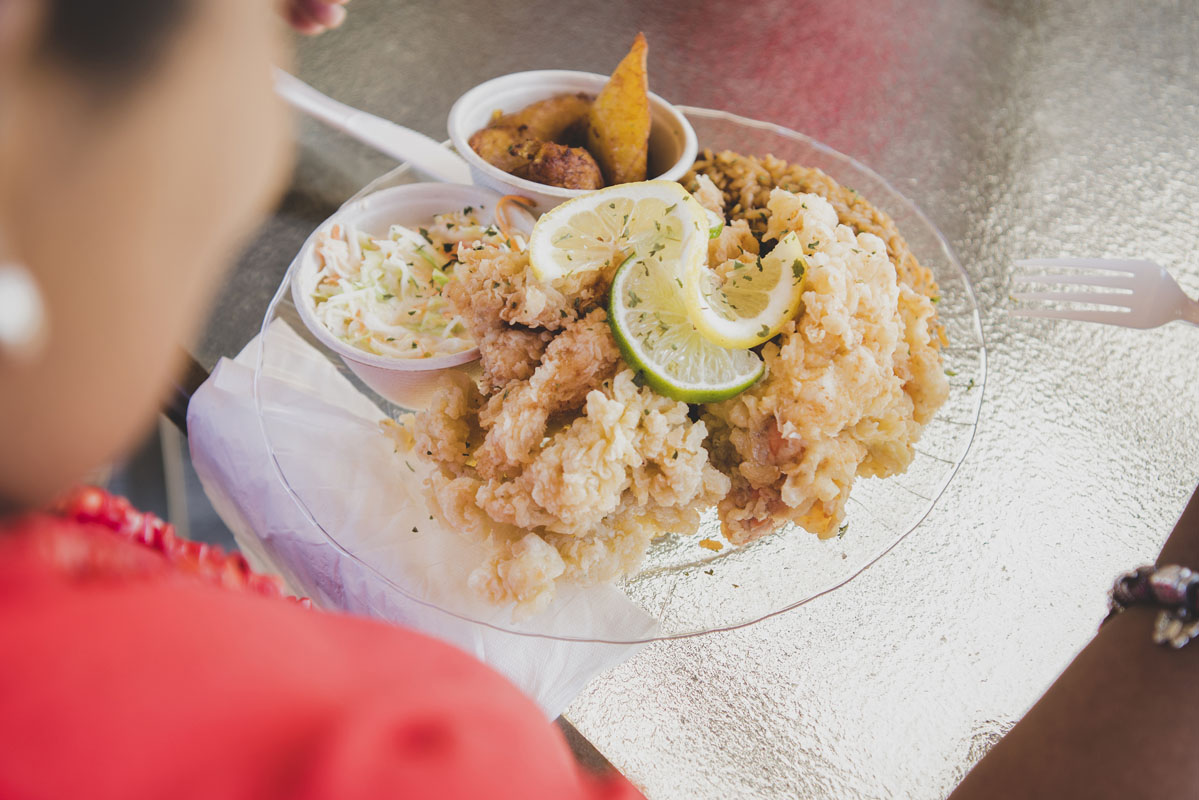





 Tech & Innovation
Tech & Innovation Climate Change
Climate Change Volunteers
Volunteers Health
Health Migration
Migration